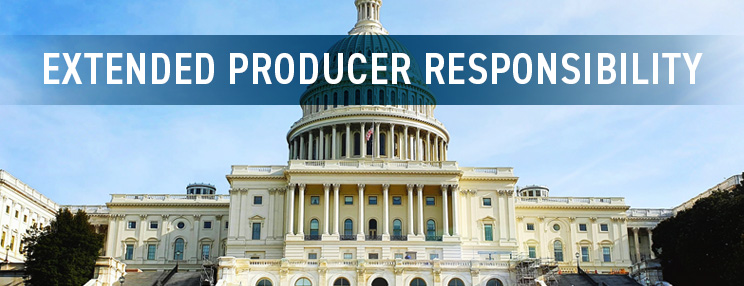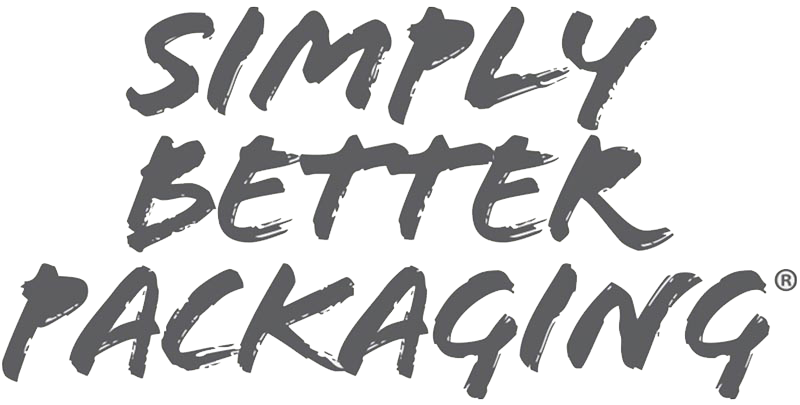EPR: End of Life Responsibilities on Producers

What does it mean, and how to respond to it?
By Catherine Haub
As the global climate crisis becomes more apparent, laws and regulations are being introduced and passed to ensure that companies are practicing sustainability to the best of their ability, especially when it comes to plastics. Some of these regulations include banning single-use plastics, enforcing recycled content in products, and much more. Extending producer responsibility (EPR) laws are a more recent form of mandate that more states are beginning to introduce and pass. Examples of states that have passed these laws would be California, Colorado, Maine, and Oregon, which were all passed in 2021 [1]. 16 other states have introduced these laws such as Illinois and Minnesota, and it is expected that more of these laws get introduced in the future [1]. These laws, while beneficial, can be a bit confusing as to who the responsibility falls on, and how to find ways to abide by these regulations.
So how does it work? Extended producer responsibility puts products end of life responsibility on the manufacture of the product [2]. Companies get fined based on how recyclable their product; the more easily recyclable a product is the lower the fine, but the harder to recycle the higher the fine will be. The fines cover the costs of the lifecycle management of products which includes collection, sorting, and recycling [1]. Most producers work with and pay a producer responsibility organization (PRO) to create a plan and manage the plan, but some work individually to create a plan that works best for them. When working with a PRO, the PRO collects funds, and the money goes towards end-of-life management for the products [1]. While the producer pays the fees, consumers also play a role in this [2]. A producer can create a package or product that is easily recyclable, but if the consumer just throws it in the trash, nothing really changes [2]. It is key to promote how to dispose of an item, especially if it is recyclable, so consumers know what to do with it once they no longer need it.
So what does this mean for producers? It means they either have to be willing to pay a higher fine for their packaging, or they have to find a more sustainable option. This is going to be easier for some than for others, depending on the industry and what competitors are doing. An example of this would be switching from polypropylene (PP) to polyethylene terephthalate (PET) as PET is more widely and easily recycled than PP. At Placon, we have many different options when it comes to PET packaging to keep you in compliance throughout the food, retail, and medical industries. We offer a wide selection of stock food and retail packaging, and if you can’t find what you need, we also have the ability to work with customers on their own custom package to fit their needs
[1]Extended Producer Responsibility – SPC’s Guide (sustainablepackaging.org)
[2]What is Extended Producer Responsibility (EPR)? (tomra.com)
ABOUT PLACON
Since 1966, Placon has been a leading designer and manufacturer of innovative and sustainable plastic packaging for medical, food, and consumer goods markets. Placon has manufacturing operations in Madison, WI; West Springfield, MA; Elkhart, IN; and Plymouth, MN, and is currently ranked in the Top 20 in Plastics News 2024 Thermoformers Rankings. Placon delivers packaging breakthroughs that inspire better engagement between people and products.





